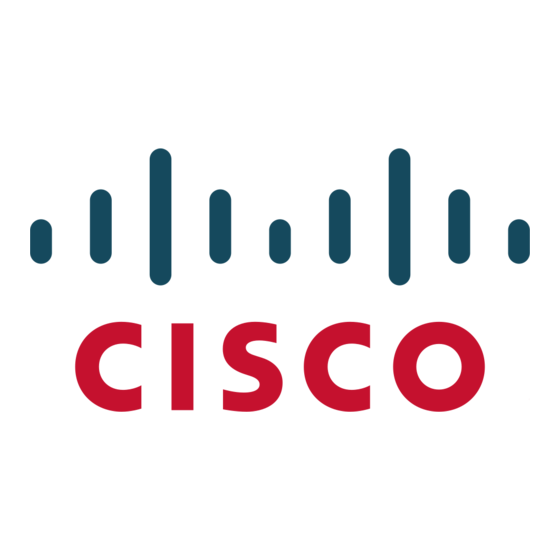Per Port PoE Power Sensing measures actual power being drawn, enabling more intelligent control of
●
powered devices.
PoE MIB provides proactive visibility into power usage for monitoring and troubleshooting.
●
Link Layer Discovery Protocol (LLDP) link layer discovery protocol for interoperability in multivendor
●
networks. Switches exchange speed, duplex, and power settings with end devices such as IP phones.
Integrated Service Delivery with QoS and Multicast:
Prioritization of traffic is critical to many network services such as voice, video and wireless and the Catalyst Cisco
Catalyst 2960 LAN Lite Switches help ensure that network traffic congestion is avoided allowing business critical
applications to perform without degradation. To implement QoS, the Cisco Catalyst 2960 Series Switches first
identify traffic flows or packet groups, and then classify or reclassify these groups using Class of Service (CoS). The
Cisco Catalyst 2960 LAN Lite Switches support hardware based QoS with no performance degradation including
four egress queues per port, giving your network administrators more control in assigning priorities for the various
applications on the LAN. At egress, the switches perform congestion control and scheduling, the algorithm or
process that determines the order in which queues are processed. The Cisco Catalyst 2960 LAN Lite Switches
support Shaped Round Robin (SRR) and Strict Priority Queuing. The SRR algorithm helps ensure differential
prioritization and helps ensure excellent network performance with line rate traffic loads.
Multicast is a key capability available in the Catalyst switches that can efficiently deliver high bandwidth applications
across the network and optimize network performance saving bandwidth. It supports distributed applications and
enables next generation multimedia applications including: Corporate Communications, E-learning, IP Video
Surveillance, High Definition Video, and distribution of data to desktops in a scalable, reliable and efficient manner.
Cisco Catalyst 2960 LAN Lite Switches support layer 2 Multicast traffic and use protocols to allow customer to deploy
streaming video applications in the network and benefit from bandwidth saving provided.
Key features for integrated service delivery include:
Voice VLAN simplifies telephony installations by keeping voice traffic on a separate VLAN for easier
●
administration and troubleshooting.
Cisco VLAN Trunking Protocol (VTP) supports dynamic VLANs and dynamic trunk configuration across all
●
switches.
Standard 802.1p CoS and DSCP field classification are provided, using marking and reclassification on a
●
per-packet basis by source and destination IP address, source and destination MAC address, or Layer 4 TCP
or UDP port number.
Four egress queues per port enable differentiated management of up to four traffic types.
●
Shaped Round Robin (SRR) scheduling helps ensure differential prioritization of packet flows by intelligently
●
servicing the ingress and egress queues.
Weighted tail drop (WTD) provides congestion avoidance at the ingress and egress queues before a
●
disruption occurs.
Strict priority queuing guarantees that the highest-priority packets are serviced ahead of all other traffic.
●
Internet Group Management Protocol Version 3 (IGMPv3) snooping provides fast client joins and leaves of
●
multicast streams and limits bandwidth-intensive video traffic.
IGMP filtering provides multicast authentication by filtering out no subscribers and limits the number of
●
concurrent multicast streams available per port.
© 2009 Cisco Systems, Inc. All rights reserved. This document is Cisco Public Information.
Data Sheet
Page 4 of 14

